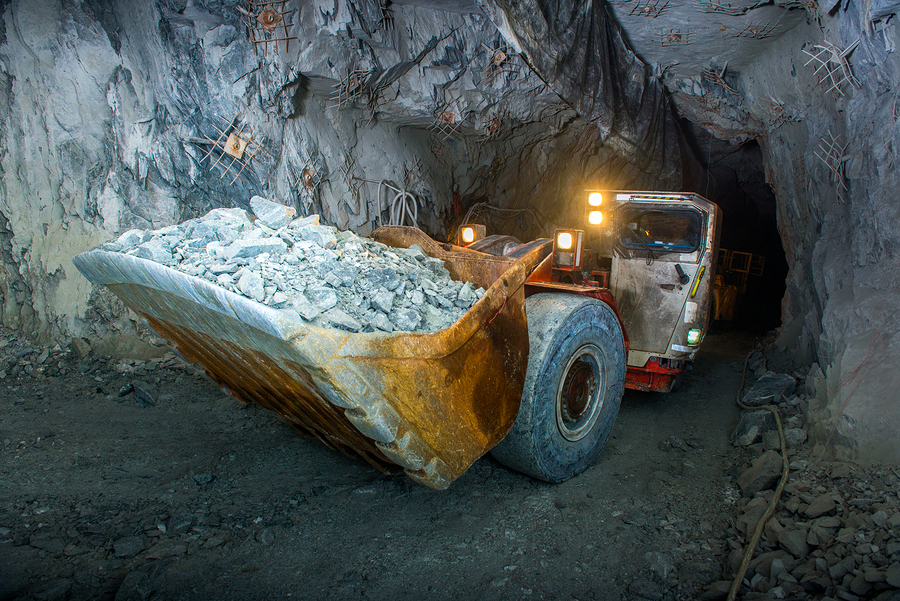Premier Wab Kinew is at a crossroads: he must decide whether to align with Manitobans seeking prosperity or with the zero-growth green activists prevalent in his party. This decision is crucial in shaping Manitoba’s future as a mining leader.
It was not so long ago in the past Kinew opposed mining development. However, in May 2023, standing in front of a Winnipeg Chamber of Commerce audience, he spoke very positively about Manitoba’s abundant supplies of cobalt, lithium and other critical minerals that the province could and should be developing.
Now in government he must back his past words with action. At the same time, this government must not only support mining projects that fit within a “Green” agenda. No province should label some mining as good and some as bad. It must adopt a neutral stance and support mining projects that make good business sense.
Electric vehicles are great, particularly for suburban owners with garages with chargers, but the governments must not naively try to force them on all Canadians and Manitobans. These vehicles are becoming more popular and will increase demand for critical minerals that EV manufacturers need.
The first test will come with the controversial Sio Silica sand mining proposal. Kinew government officials alleged that the former Progressive Conservative government attempted to push through approval of this project three days in the post-election transition period, when the outcoming government is not supposed to do anything beyond routine governance matters.
For those unaware, the project involves an Alberta based mining company drilling thousands of new wells in southeastern Manitoba over the next two decades to extract tens of millions of tonnes of pure silica sand.
Silica sand is a commodity used in producing solar panels, new batteries and semiconductors.
Once the scandal subsides, the Kinew government needs to get on with licensing, engaging in necessary Indigenous consultation, and moving the project forward. The new environment minister must assess the project with clear evidence-based methods. Local NIMBYism and green zealotry should not defeat this project.
Activists should not exploit unfounded fears over groundwater safety to defeat a project that could create tremendous economic opportunity for Manitobans.
Next, the new Kinew government will be tested over how its protected areas strategy will conflict with this expected critical mineral boom in Manitoba. Already, mining giants from around the world are flocking to Manitoba. The previous government targeted its lands conservation efforts to truly necessary areas. While in opposition, the new government pledged to protect more, meaning more lands off limits to development, meaning less opportunity for Manitobans seeking work here.
When in opposition, the incoming governing party spoke about world class mining standards in environmental protection, labour standards, and human rights in order to get their base supportive of mining, which it normally is not, given its continuing evolution away from its blue collar working-class roots towards big government urban environmentalism. However, all these ‘standards’ are code words for excessive regulation and the application of nebulous project criteria that make mining exploration and investment less likely.
The government must resist picking favourites in mining and adopting expensive subsidies. Instead, it must reduce unnecessary regulations and adopt across-the-board streamlining of licensing and permitting that ensures projects are safe but approved quickly. Mining investors need predictable and stable rules.
If the new government can pass this test, it will grow the economic pie for everyone and ensure mining remains a big part of Manitoba’s future.
Joseph Quesnel is a Senior Research Fellow with the Frontier Centre for Public Policy.



